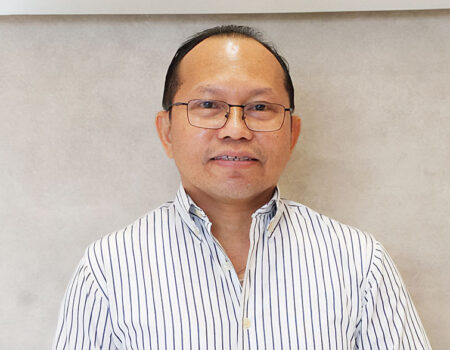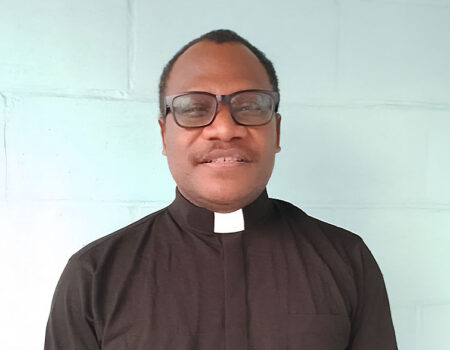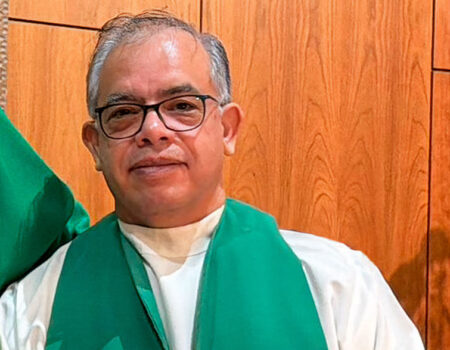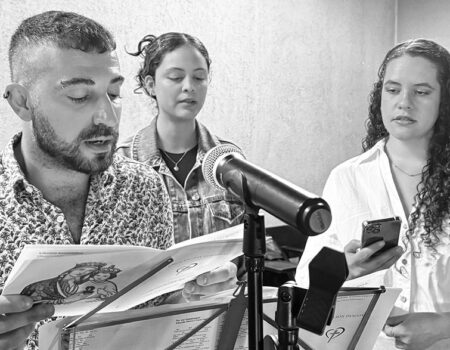JPIC: The Spirituality of the Heart in a Wounded World
Tuesday June 24, 2025

As we approach the Solemnity of the Sacred Heart it is timely that we also commemorate the tenth anniversary of Pope Francis’ Encyclical, Laudato si’ which Daniel O’Leary has referred to as God’s love story (in This Astonishing Secret, The Love Story of Creation and the Wonder of You, Garratt, Melbourne, 2018) which encapsulates ‘a listening that draws God ever nearer to all people especially the oppressed, the suffering and also a groaning creation.’ When we consider that heart and earth use the same letters, much of this makes sense. God’s love is revealed through a broken heart to reveal the extent of that love in Jesus and to let the world in to make healing and liberation possible. And in October 2024, Pope Francis published Dilexit nos ‘on the human and divine love of the heart of Jesus Christ.’ As I reflect on these, the word ‘wound’ keeps appearing more than forty times in Dilexit nos.
Matthew Fox says that ‘The Cosmic Christ is present wherever there is pain. The Cosmic Christ unites all this pain in the one divine heart, in the one divine – but wounded – body of the Christ which is the body of the universe. The Cosmic Christ is the crucified and suffering one in every creature, just as much as the Cosmic Christ is the radiant one, the divine mirror glistening and glittering in every creature. Divinity is not spared suffering – that is the lesson of the Cosmic Christ who suffers.’ The heart of Christ is forever being pierced. It is pointing to the pain the lives of people, the wounds in the Earth – God’s gift of creation – as well as the dignity of all that God has created. And we cannot be silent in the face of this. As Yolanda Pierce writes (in The Wounds Are the Witness: Black Faith Weaving Memory into Justice and Healing) ‘to be silent is to risk that stories will be forgotten, root causes of pains will be ignored, and extraordinary moments of healing will go unrecognised as a provision of God’s justice.’
We must remember this in our ministry as Missionaries of the Sacred Heart because only God’s justice can heal our spirits and renew our hearts. Pierce continues, ‘our stories are too important to forget …. For wounded people, landscapes, and communities exist not only as a legacy of traumas and harms but as evidence of the undeniable power of memory and the unstoppable quest for justice. When the wounds bear witness, the world can never claim ignorance of another’s pain. When the wounds bear witness, there is awe and wonder at the capacity for laughter and joy even amid sorrow. When the wounds bear witness, they tell the truth about both the extent of the injury and the extraordinary work of healing.’ It is necessary to look, to see, to listen to the reality of a hurting people and the earth. These take us into the heart of reality and put us in touch with the loving kindness of God.
The spirituality of the heart calls for constant change of heart that amplifies the cry of our siblings, especially those appealing to us to be heard, as well as our common home in which we all share. By listening to these cries, we can awaken the consciences of all to the plight of our siblings. We need to recognise that we are all interconnected, which ’cannot be real if our hearts lack tenderness, compassion and concern for our fellow human beings’ (LS, 91). The poet, John Muir says, ‘When we try to pick out anything by itself, we find it hitched to everything else in the universe.’ Pope Francis combined this interconnectedness in both Laudato si’ where ‘all creation is connected’ and Fratelli Tutti where ‘everyone is connected.’ This is so poignant today as we observe Palestinian people being erased from their lands, coupled with the violence of silence. It highlights the reality that at the heart of injustice and violence is the one we ignore, neglect, condemn or erase, which is not like us.
_
The Spirituality of the Heart is a call to look at our world through the lens of a heart that is broken and thus always open.
At the heart of the gospels and our spirituality is the promotion of justice, peace and care for one another, the other, and creation. The call for a contemplative gaze (Laudato si’) means appreciating God’s wonders by sharing God’s passion for the world’s flourishing, beginning with our neighbour and grieving with God to resist whatever degrades people or creation.
This calls for ‘a politics of vulnerability’ made possible by recovering kindness, which ‘frees us from the cruelty that at times infects human relationships …(and) once kindness becomes a culture within society it transforms lifestyles, relationships and the ways ideas are discussed and compared’ (Fratelli tutti 222-224).
The Spirituality of the Heart is a call to look at our world through the lens of a heart that is broken and thus always open. This is how the heart of God is continually broken open to let the world in – where the cry of people calls for appreciation, acceptance, equity and justice. It is not enough for us to appreciate Jesus or celebrate the dream of the founders of religious congregations. We must embody their dreams today. Though constantly vulnerable to human rejection, God embodies agonising love and does not let suffering have the last word. The broken and poor Jesus consciously identified with women, children, Samaritans, tax-collectors, outsiders and still does through us. He ascended into heaven bearing scars and wounds, and they are about love and connection.
Leonard Cohen in an interview said, ‘If the wound of Jesus comes to express his love for (man)kind, then it will never heal’. It reveals the heart of God – a heart that wants to touch our wounds and those of Mother Earth. Can we live from a heart that serves, shows compassion, seeks justice, welcomes the stranger, protects the vulnerable and God’s creation, which goes beyond minimalist standards of the law? Let us not be afraid, as Joanna Macy says, to allow our hearts to be broken open because it lets the world in, and healing follows.
Claude Mostowik, MSC (Australia)
Photo: www.freepik.com





